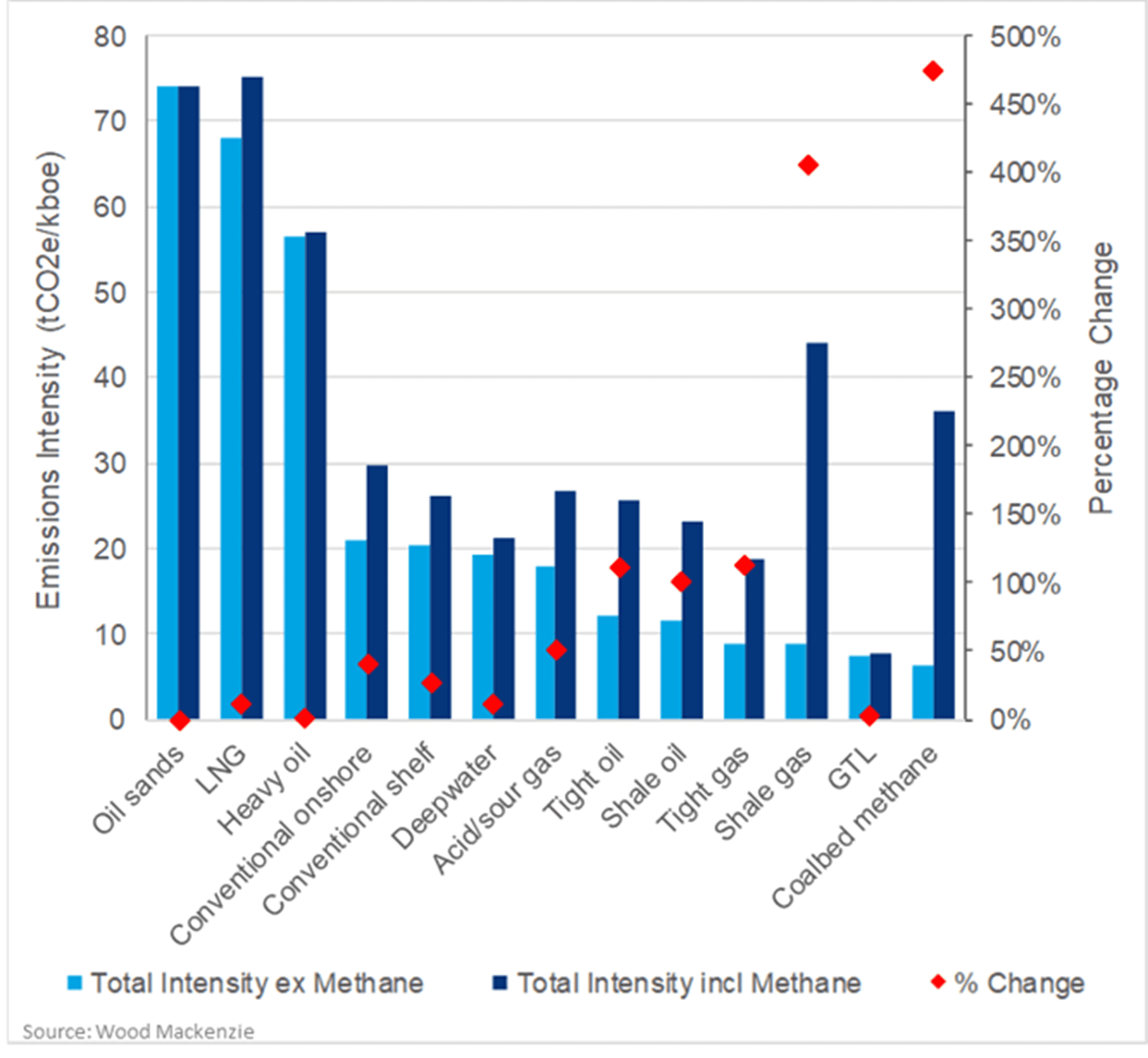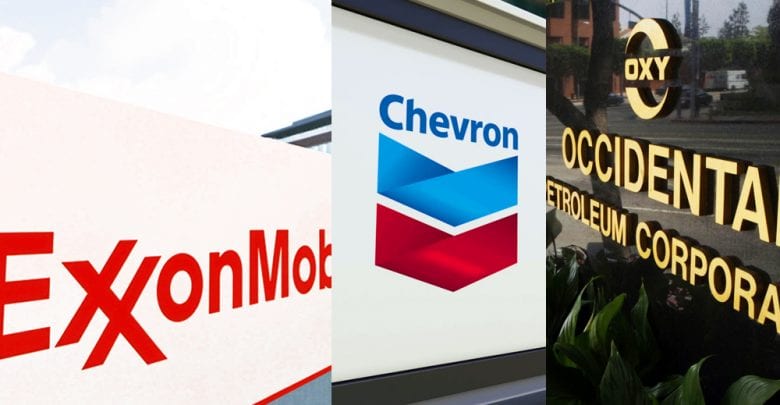When world leaders gathered in New York for the UN General Assembly last month, the news headlines focused on the impassioned speech by Greta Thunberg, the 16-year-old Swedish activist who has galvanised young people’s climate change protests around the world.
From the energy industry’s perspective, though, there was another event the same day, just a few blocks away, that held greater immediate relevance: the meeting of the Oil and Gas Climate Initiative (OGCI).
Ed Crooks, Wood Mackenzie’s vice-chair, Americas, was there. Here is Ed’s perspective on the event:
The OGCI – a group of 13 companies, including all the largest western IOCs and some of the leading NOCs – is “dedicated to the ambition of the Paris Agreement to progress to net-zero emissions in the second half of this century”.
The group made some announcements to coincide with its meeting, reporting progress in curbing methane leakage, promising further support for investment in carbon capture, storage and use projects and pledging to set a common emissions intensity target in the year ahead.
The real significance of the event, however, was in the number of industry leaders who attended the meeting, at the Morgan Library in Manhattan. The CEOs of ExxonMobil, Chevron, Royal Dutch Shell, Total, BP, Equinor, Eni, Repsol and Occidental Petroleum were all present, as were representatives from Saudi Aramco, CNPC and Petrobras.
It is exceedingly rare to have that many industry leaders gathered in the same place at the same time, and it signals their willingness to engage on the issue of climate change. Executives heard a range of views, from other companies and independent voices including consultants, financiers and environmental campaigners, about what they should be doing to live up to their commitment to the goals of the Paris Agreement.
As one of the industry representatives there explained afterwards, the point of the event was not so much the announcements made on the day, but more the exchange of views that will influence the industry’s leaders when they make strategic choices in the future.
To help investors and others understand the industry’s progress towards those objectives, a team of Wood Mackenzie consultants, led by Gavin Law and Amy Bowe, have developed a carbon benchmarking tool, which provides a forward-looking, asset-level view of emissions and related policy and financial risks for 25 of the largest oil and gas companies. The first iteration, released in 2017, focused on upstream assets. The second iteration released last week, extends the analysis to the downstream sector.

A recent paper presenting some of the headline results from that analysis shows how carbon risk is a significant issue for all oil and gas companies, both upstream and downstream. The potential impacts, however, vary widely across companies, countries and business units.
A carbon price of US$40 per tonne of CO2, for example, could reduce the value of the companies’ upstream portfolios by 3-10%. The impact on specific assets could be much greater, cutting their value by 50% or more.
The analysis also highlights the significance of methane leakage to the overall carbon footprint of oil and gas operations. Excluding methane, total upstream emissions for the 25 companies are expected to rise by 11% over the next 10 years, while their production rises by 14%. Including methane, their emissions are expected to rise much faster, by 39%. It is easy to see why methane leakage is one of the key areas of focus for the OGCI.
The group’s members have set a collective target to cut methane leakage to 0.25% of their production by 2025. According to the OGCI’s own calculations, they are on track to meet that target. However, they will need to maintain progress with new technologies and management systems, and extend their emissions mitigation efforts beyond methane, if they are to deliver fully on their pledges to align themselves with the ambitions of the Paris Agreement.



